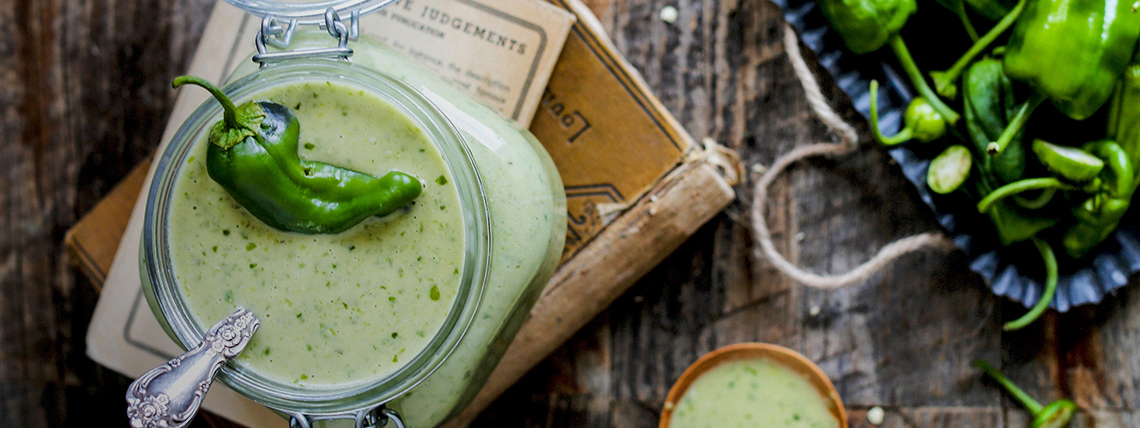In the ever-competitive food service industry, it’s imperative that you keep up with ever-changing restaurant trends, as well as general food industry trends. Our trusted experts will keep you up-to-date to help you create an experience that will keep customers coming back again and again. Stay ahead, generate new ideas and give your customers exactly what they’re looking for with US Foods®.
Recommended Searches
Featured Content

